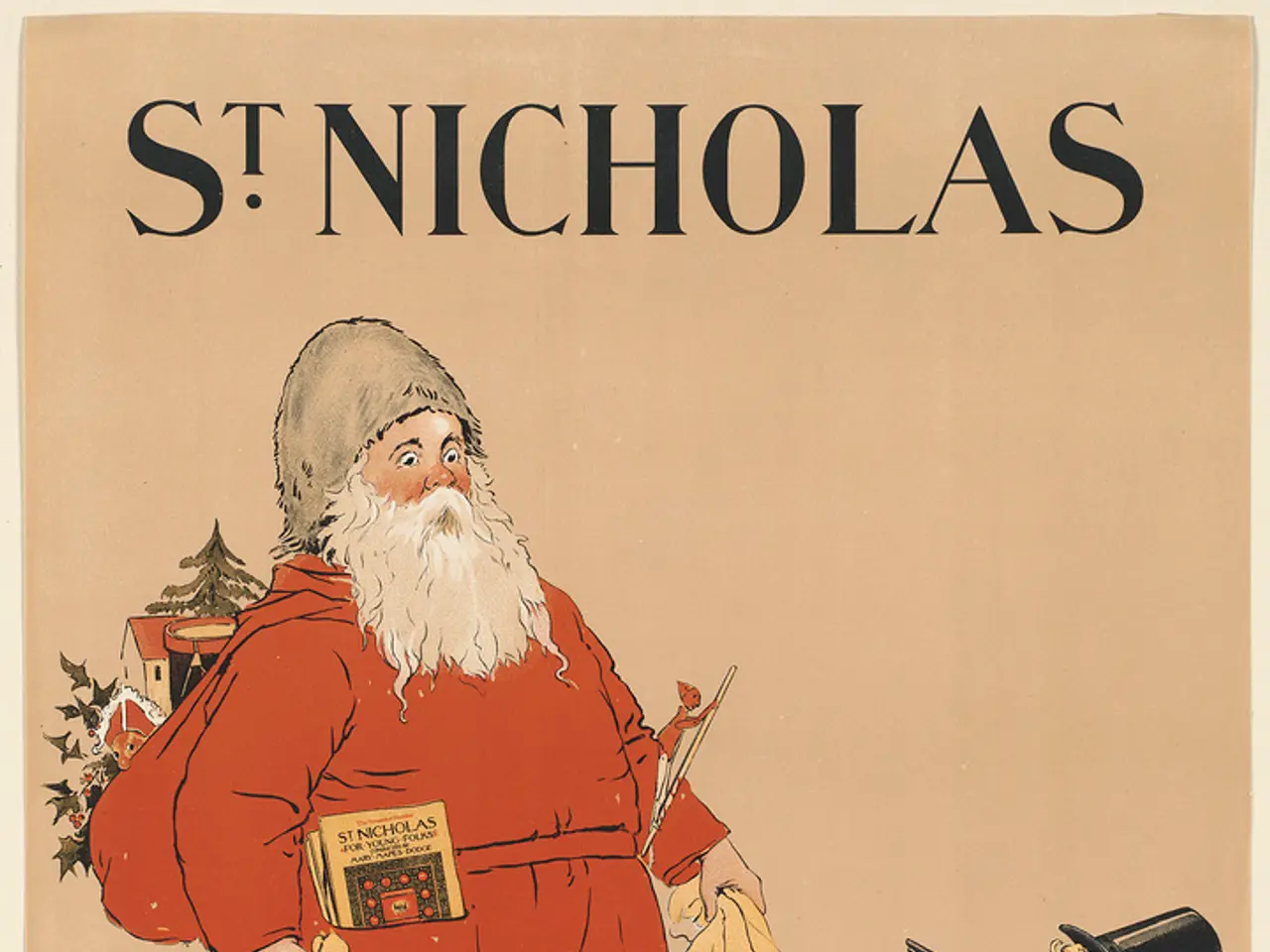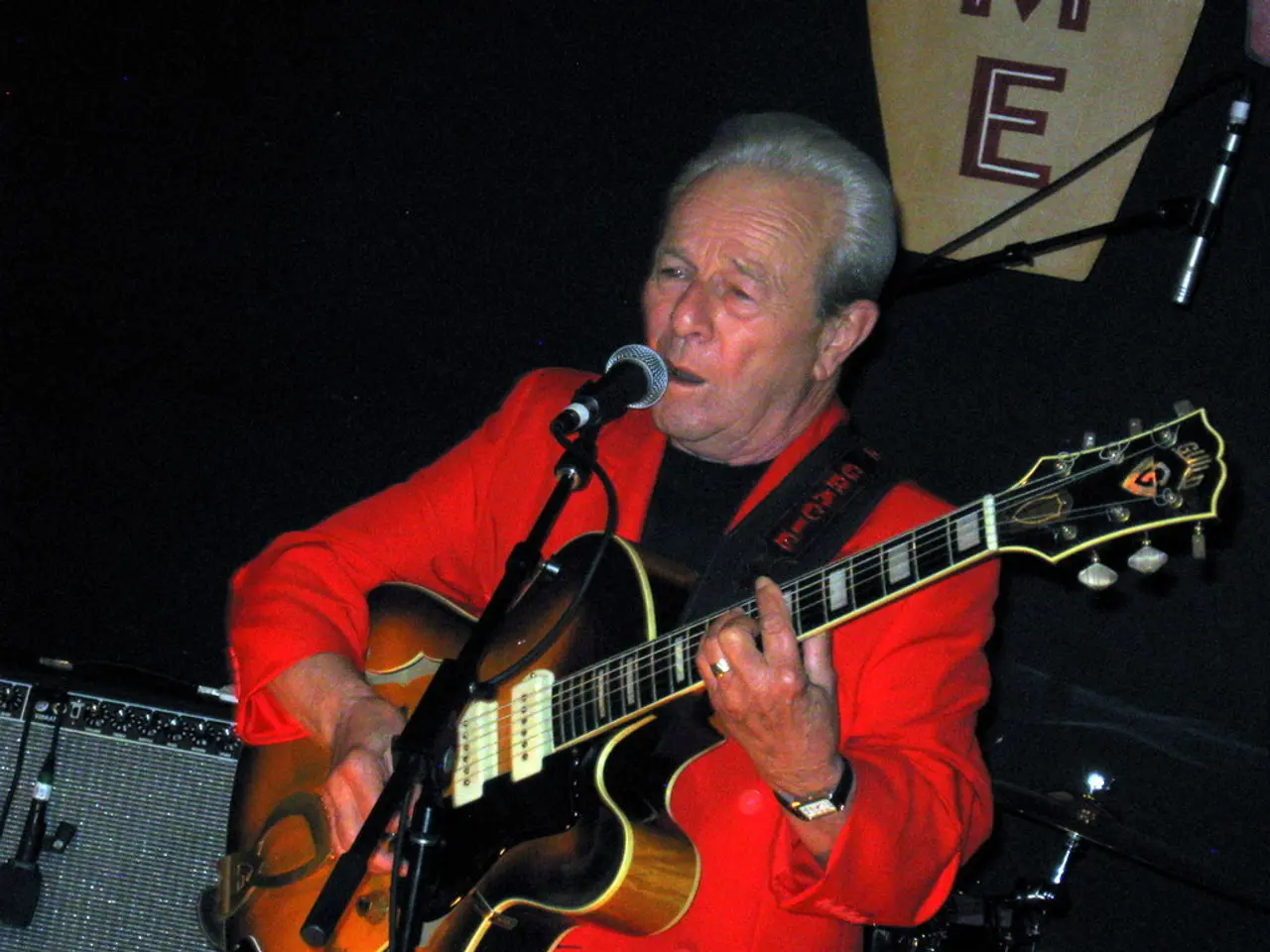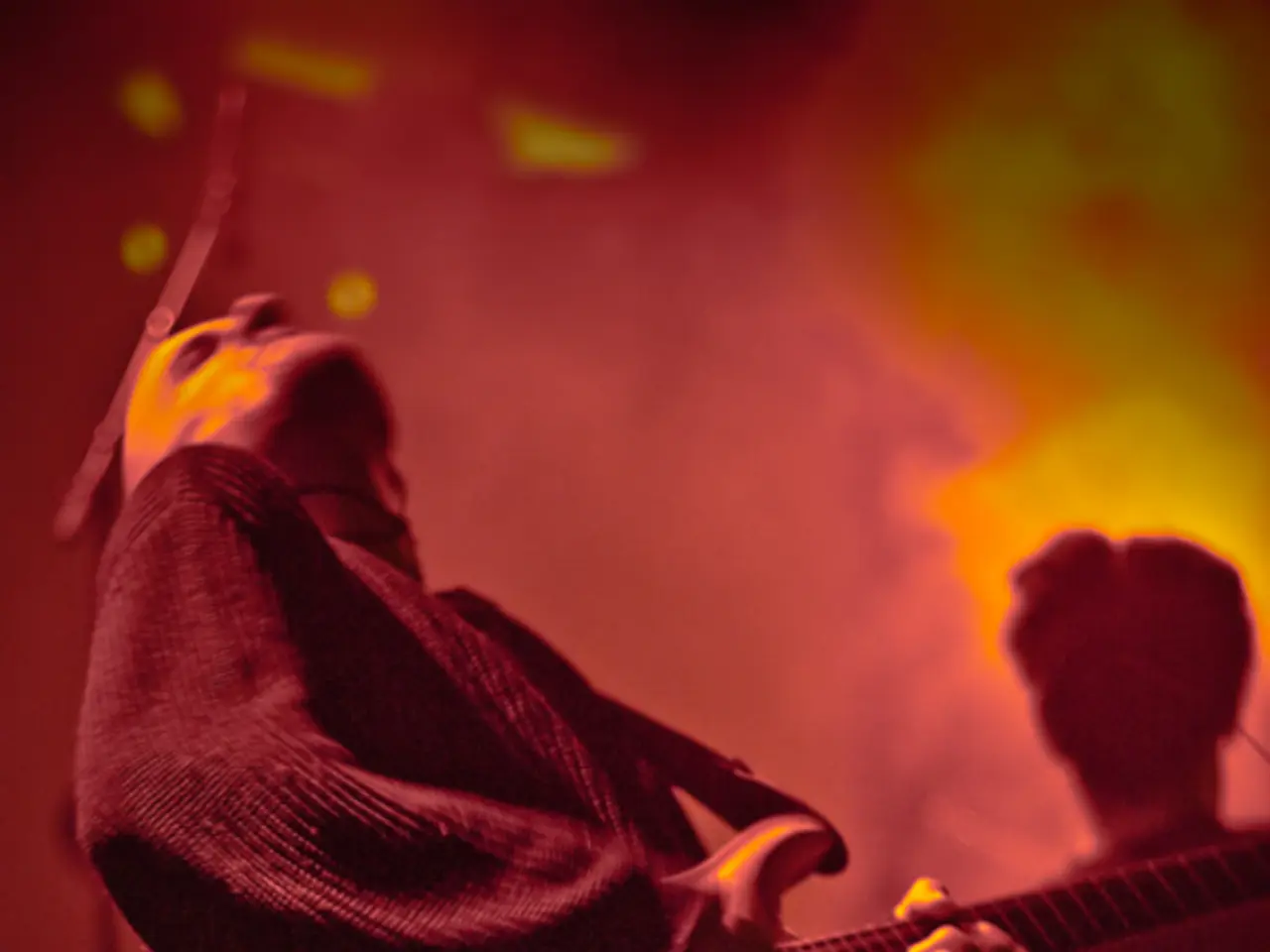Soldiers along enemy lines in World War I momentarily ceased hostilities on Christmas Eve 1914, with both sides singing carols instead.
The 1914 Christmas Truce was an unforeseen and spontaneous cease-fire along the Western Front, primarily between German and British troops, occurring on December 24–25, 1914. This remarkable event took place amidst the brutal stalemate of trench warfare, approximately two-thirds of the 30-mile front controlled by the British Expeditionary Force.
The truce was neither planned nor officially approved by military commanders but was a human response to the harsh realities of war. The war had started with high enthusiasm in summer 1914, with many expecting a quick end by Christmas, but instead had settled into deadly trench combat with heavy casualties.
On a beautiful moonlit night, frost on the ground, white almost everywhere, soldiers from opposing sides sang carols to each other along the front lines. German soldiers sang carols, which were responded to by British soldiers with their own carols. This extraordinary and unexpected event brought temporary relief and deeper human connection to soldiers entrenched in a bitter stand-off, with trenches often as close as 100 meters apart.
During this brief respite, soldiers exchanged small presents, letters, and food, sang songs, shared memories, and performed cheerful communal activities that contrasted sharply with the ongoing war. In some instances, makeshift gifts were exchanged, conversations were had, and friendships were made.
The truce provided a rare psychological respite and strengthened the humanity and bond among soldiers, even while they remained enemies. For many participants, it was a poignant moment of reflection on the futility of the conflict. However, the truce was not universal nor repeated on a large scale; fighting resumed soon after and the war continued to intensify with devastating consequences.
Commanders on both sides discouraged such cease-fires, fearing they would undermine discipline and fighting spirit. The Christmas Truce thus remained a unique, localized phenomenon rather than a turning point in the war. While it did not affect the strategic course of the war, the truce stands as a powerful symbol of shared humanity even in warfare.
The temporary truce allowed the warring parties to bury their fallen comrades, whose bodies lay frozen between the front lines. Alongside British and German soldiers, Indian troops serving in the British Army also took part or observed the truce. This was evidenced by the discovery of unique spice tins given to Indian soldiers as Christmas gifts instead of the smoking kits given to British troops. These tins were later found by German soldiers, proving Indian involvement in the truce's fraternization moments.
The truce was commemorated decades later through various means such as commemorative postage stamps, recognizing the extraordinary human moment in the midst of conflict. The event remains a remarkable symbol of hope in the most unlikely of places, and the message remains as powerful 110 years on. Despite the war not showing any signs of ending soon and the harsh winter conditions, the 1914 Christmas Day truce was a brief and unofficial pause in hostilities marked by fraternization, gift exchange, and goodwill, involving German, British, and Indian soldiers.
- Social-media platforms today often recount stories about the 1914 Christmas Truce, highlighting the extraordinary moment of shared humanity between enemies.
- Movies-and-tv documentaries have featured the Christmas Truce, capturing the attention of pop-culture enthusiasts around the world.
- In European leagues, some football matches observe a minute of silence on December 25 to honor the memory of the soldiers who participated in the truce.
- The term 'Christmas Truce' has become synonymous with unexpected peace emergencies, having found its way into general news and political discussions.
- The 1914 Christmas Truce serves as a vivid example of the profound impact of events in sci-fi-and-fantasy stories, where similar instances of peaceful conflict resolution are often portrayed.
- Crimes and accidents associated with impaired judgement or reckless behavior, particularly those involving sports and football, can be compared to the temporary lapse in military discipline during the truce.
- The 1914 Christmas Truce reminds us of the power of human connection even in the most challenging circumstances, offering a compelling lesson for politics, entertainment, and society at large.








